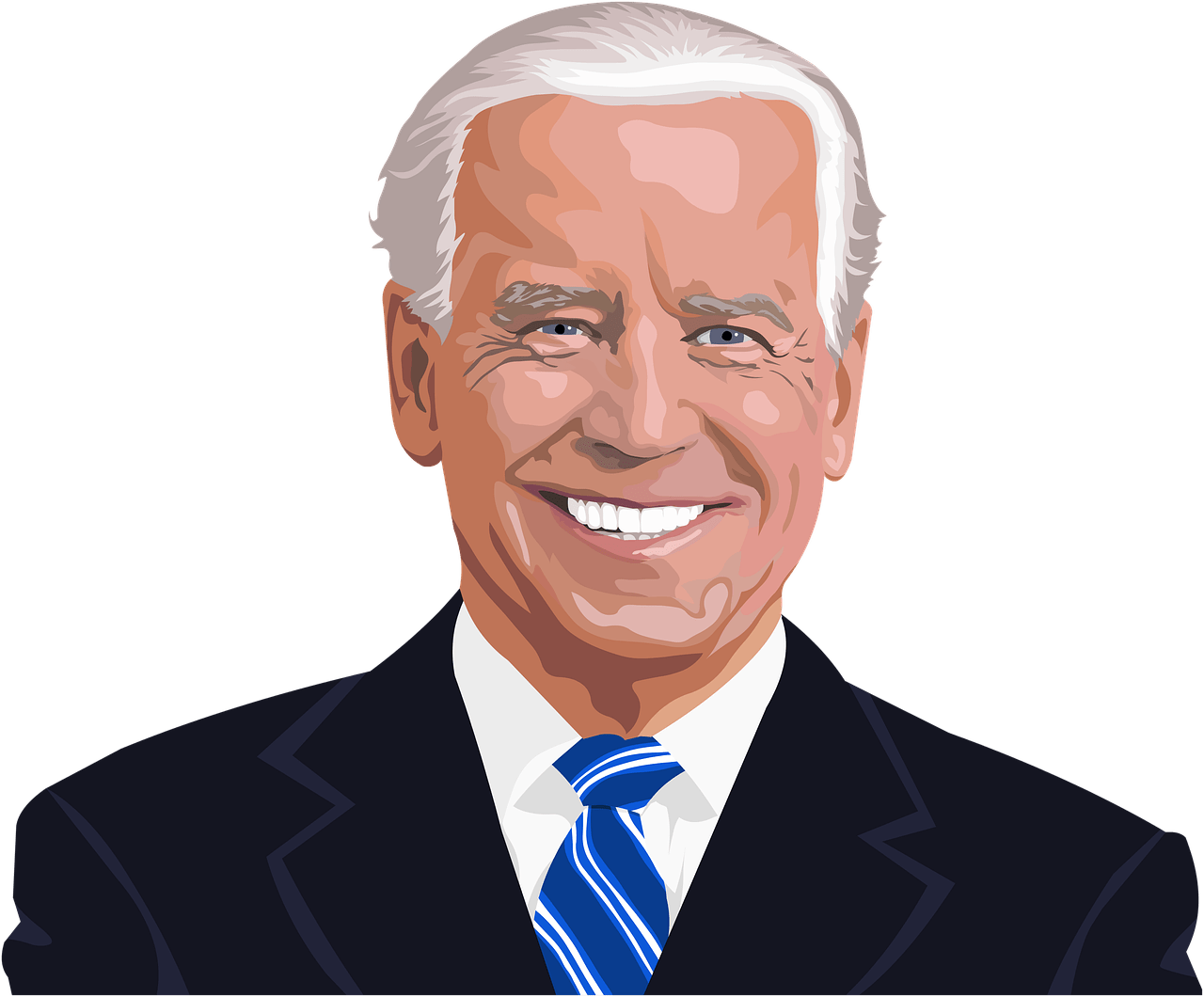Biden’s Apparently Winning, But Any Elector Could Keep Trump in Office; Faithless Elector Could Let House Decide, Despite Electoral and Popular Vote
Q3 2020 hedge fund letters, conferences and more
Will Biden Be Able To Win In Arizona And Nevada?
WASHINGTON, D.C. (November 5, 2020) - With so much attention focused on whether Joe Biden (who has an easier winning path than Donald Trump) will be able to win in Arizona and Nevada and thereby accumulate 270 electoral votes, there's been little discussion about how one so-called "faithless elector" could, by changing his vote and throwing the election into the House of Representatives, defeat Biden, suggests public interest law professor John Banzhaf.
One well known quirk of the Electoral College is that it can deprive the candidate with the most votes of the presidency.
Another lesser known quirk is that, if Biden gets only the 270 electoral votes necessary to put him over the top (e.g., if he only succeeds now in winning Arizona and Nevada, but not any other additional states), any one elector pledged to vote for Biden could, simply by changing his vote, force the election into the House of Representatives.
Since each state's delegation, regardless of how many legislators are in it, gets only one vote under what is called a contingent election system, the House might well pick Trump as the next president, even if both the popular vote and the Electoral College favor Biden.
Any Biden Elector Can Change The Outcome In Trump's Favor
Any Biden elector could decide to change his vote because he simply had a change of heart, because he wants to make history, is offered a wonderful position in the Trump administration, or is given millions by a rich Republican.
A possible obstacle to any such scheme are the rulings in Chiafalo and Baca in which the Supreme Court held that states could constitutionally enforce state laws punishing electors who voted for a candidate other than the one they were pledged to.
But most states don't have such laws, in those which do the laws are weak, and a Republican governor or state attorney general probably would not seek to enforce the law in such a situation.
The concern his hardly fanciful, since 165 electors have voted for someone other than their state’s winner.
In 2016 there were 10 faithless electors. State laws stopped 3 electors from violating their oath, but 7 Republican electors did not vote for Trump.
A possible remedy, says Banzhaf, is the Uniform Faithful Presidential Electors Act drafted by the Uniform Law Commission to be adopted by each of the 50 states.
But since such laws don't now exist, the problem of one or more potential faithless electors adds just one more complication to an election likely to be further complicated by numerous legal challenges, predicts Banzhaf.





